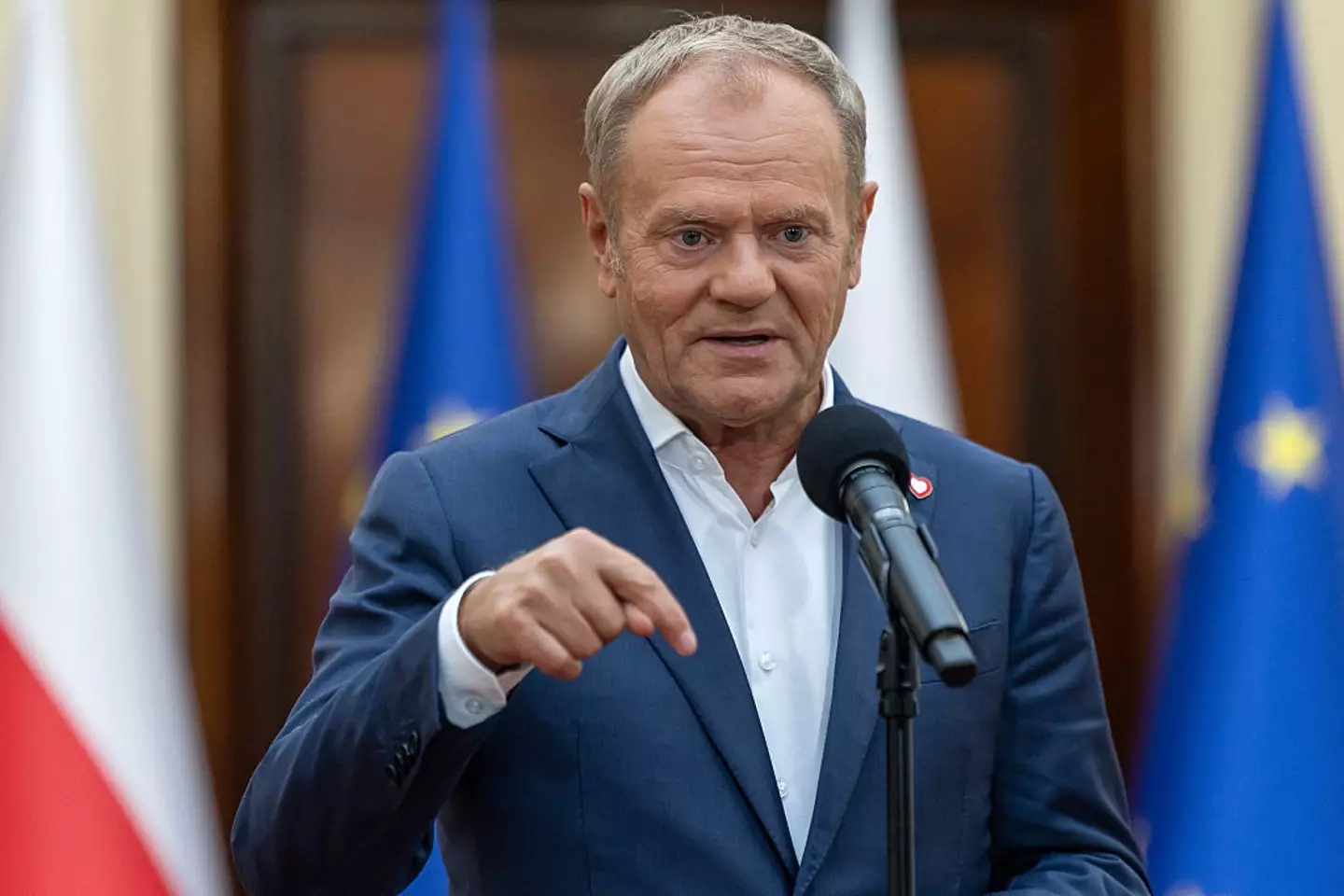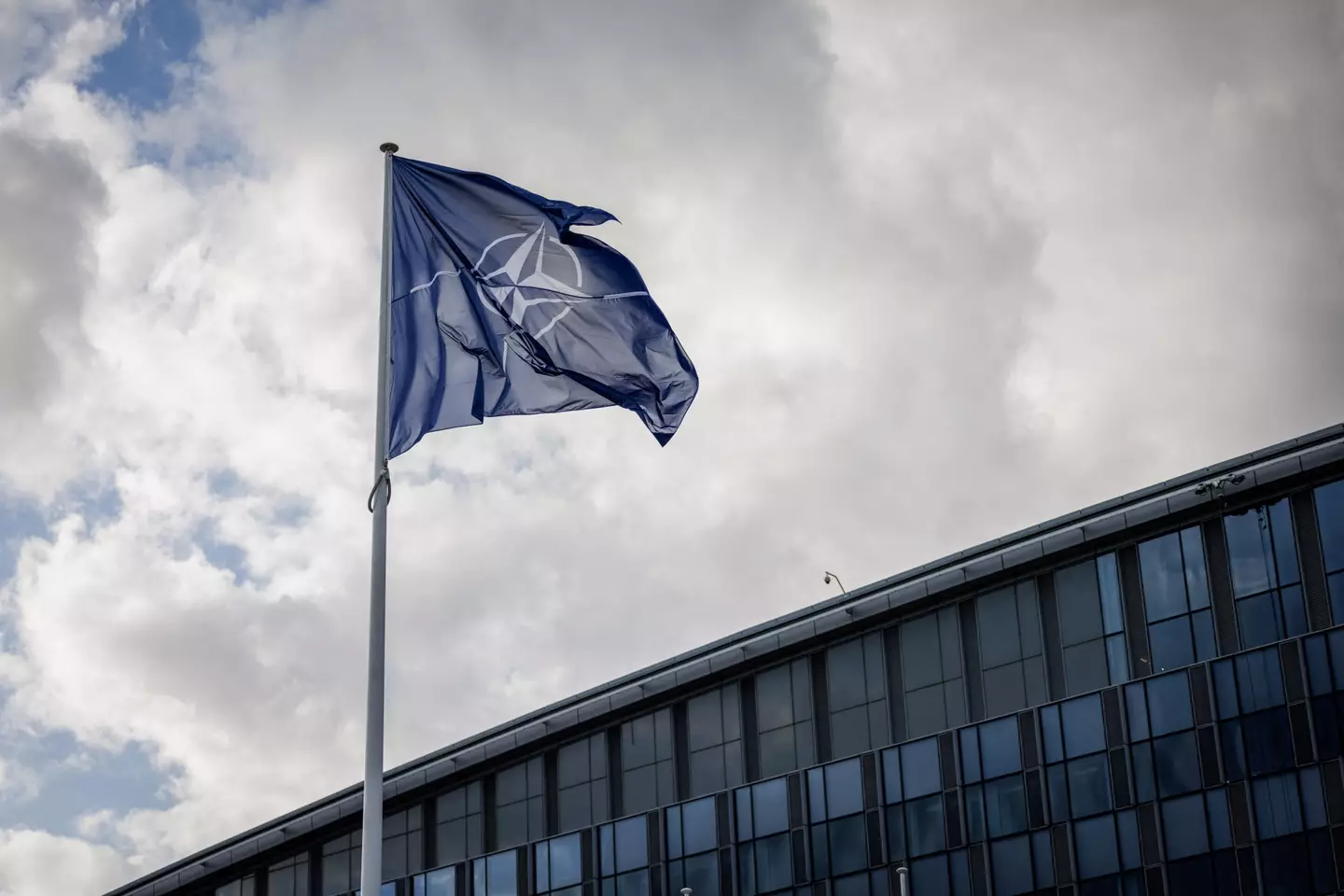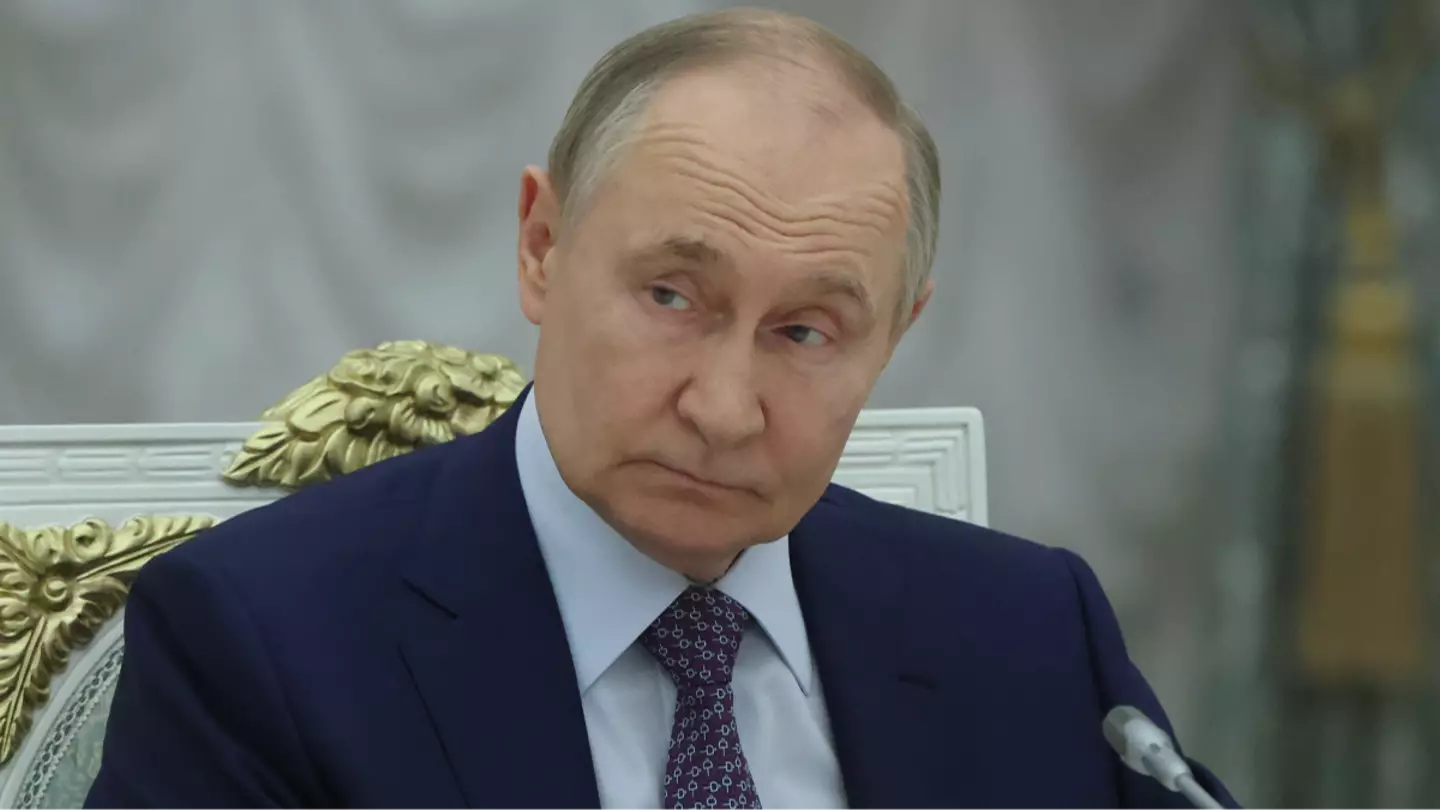The Kremlin has announced that it views NATO as being ‘at war with Russia’ following the interception of several Russian drones in Poland last week.
Polish Prime Minister Donald Tusk reported that the airspace violations occurred amidst an attack on Ukraine, labeling the incident as a ‘large-scale provocation’ that demands a response from Poland.
“The situation is serious, and no one doubts that we must prepare for various scenarios,” Tusk stated.
Global leaders see the drones entering Polish airspace as a potential threat from Russia, though Moscow denies having any intentions to target Poland.
“The strike objectives have been achieved. All designated targets were hit,” Russia’s Ministry of Defence communicated to Sky News. “No targets on the territory of Poland were planned for striking.”

The statement further clarified: “The maximum flight range of the Russian UAVs used in the strike, which allegedly crossed the border with Poland, does not exceed 700 km.
“Nevertheless, we are ready to hold consultations with the Ministry of Defence of Poland on this matter.”
Currently, Moscow is accusing NATO of ‘fighting against Russia’ due to its alleged support for Ukraine amid the ongoing conflict.
While Ukraine is not part of NATO, it does receive military assistance from NATO countries, including the US and UK.
Kremlin spokesman Dmitry Peskov said on Monday (September 12): “Nato is de facto involved in this war. Nato is providing direct and indirect support to the Kyiv regime. It can be said with absolute certainty that Nato is fighting against Russia.”
These assertions from the Kremlin follow a recent incident where Russia entered the airspace of Romania, another NATO country.

The Romanian defense ministry responded by dispatching two F-16s to intercept and down a Russian drone that entered its airspace early on Sunday (September 14) morning.
Following the drone activity over Polish airspace, NATO spokesperson Allison Hart addressed the situation on X, stating: “Numerous drones entered Polish airspace overnight and were met with Polish and NATO air defenses.”
Poland sought to invoke NATO’s Article 4, which stipulates that members ‘will consult together whenever, in the opinion of any of them, the territorial integrity, political independence or security of any of the Parties is threatened’.
Any NATO country can request Article 4’s activation if there is a perceived threat to ‘territorial integrity, political independence or security of any of the parties’.

